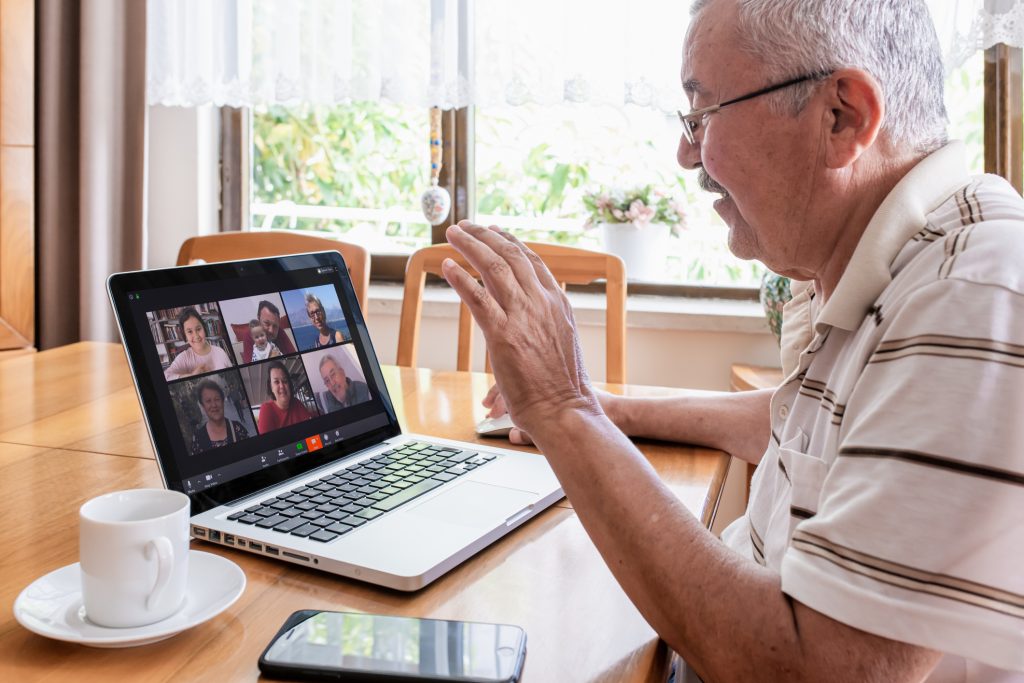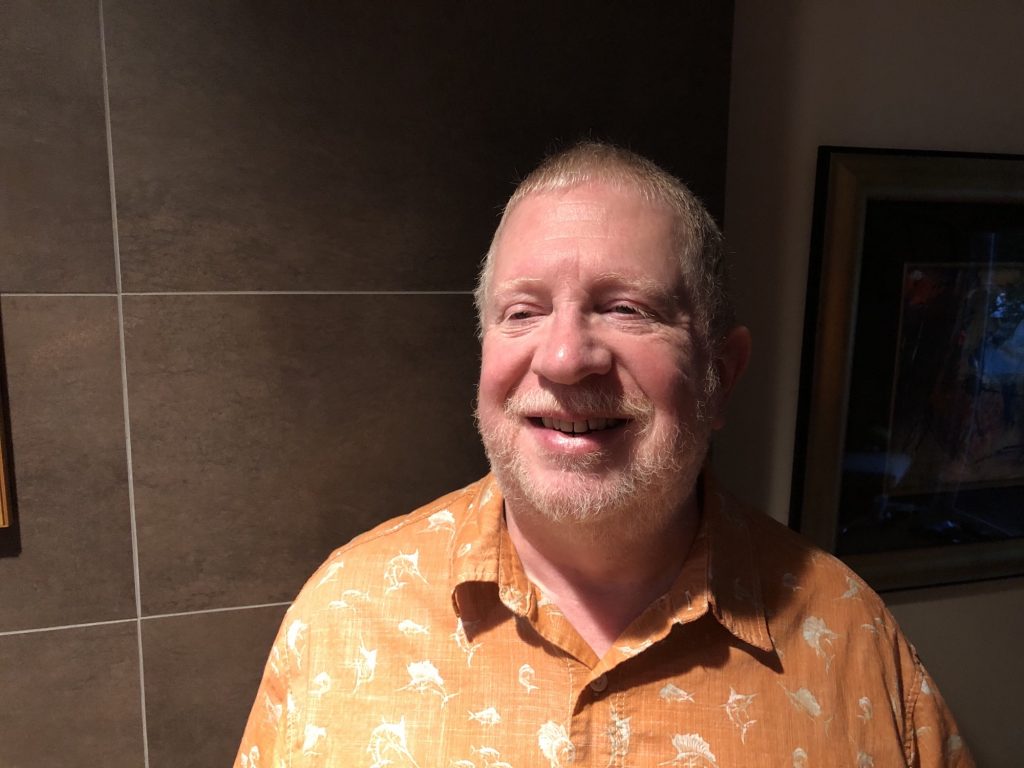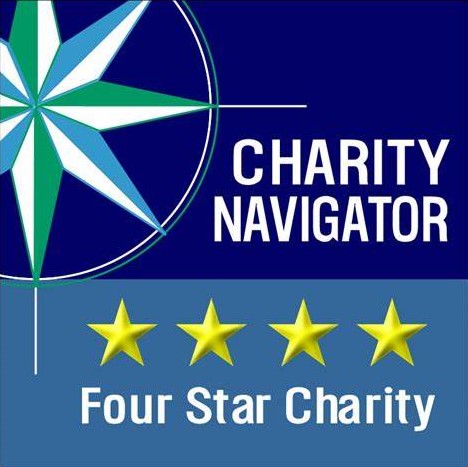By Jeff Harder, MSW, LICSW, University of Washington Medical Center
Since the start of the COVID-19 pandemic, it has become even more important for kidney patients to connect with others for support and guidance. So many patients have been told they should continue to socially isolate and not be around others, even if they are fully vaccinated. Many people are even afraid to talk to other patients in their nephrologist’s waiting room for fear of cross contamination. So many of the usual ways people have made connections and received important social support have been limited or have disappeared altogether. Studies have shown that these types of connections help reduce feelings of isolation, as well as help to prevent depression and anxiety disorders.

In these strange times, many of the support groups that used to exist have gone away entirely, leaving patients feeling alone. A few groups have continued by becoming virtual using platforms such as Zoom. With a virtual support group, patients can connect with others safely from their own home without the risk of infection or the need to wear uncomfortable masks. Another side benefit is that it allows people who live further away or in rural areas to attend when they might not have had the transportation or ability to travel to an in-person group meeting or have enough fellow kidney patients in their area to develop a support group. At the University of Washington Medical Center, we recently asked participants from one of our Zoom support groups for feedback on what they found useful in having this group.
The main benefit, as everyone responded, was of course the benefit of support from others.
“It is a safe place to talk about fears, worries, and hesitations with those who won’t judge you because we’ve all been there,” one participant said. Many patients also found that it was a safe place to say things that they did not feel comfortable saying to friends or family. One participant said it had been “helpful hearing some of the really tough times all of us have had, and seeing that we emerged okay.” Another participant said, “No one else really knows exactly what you’re going through except the other people in the group.” Many different types of support groups for medical patients, such as groups for people undergoing treatment for cancer or other chronic illnesses, have found the same thing.
In one kidney transplant support group that included both pre- and post-transplant patients, participants liked that fellow group members “are able to provide support, guidance, and help answer questions for those that have not yet been through the (transplant) process.” Even though the patients turn to their physicians for advice, “sometimes talking to someone who has been through the experience you are waiting for can be so helpful,” another participant said. Participants also found it inspiring to watch a fellow participant, who joined the group during the waiting period, receive a kidney transplant. When they report feeling so much better after their transplant, it helps everyone else in the group. Patients find it very helpful to pass along their own experiences to others. There is an incredible wealth of knowledge in these groups, and the willingness to share that knowledge is inspiring.
Practical information was also a benefit to group participants. One patient stated, “I had a need for multiple levels of information, some to support what the doctors told me, and also to learn what other things I should know. I needed to know more about the transplant program–and where better than from other patients!” Hearing patients’ real-life experiences was helpful to supplement the generally expected experience described by the transplant doctors. The participants in the group do not ignore information from providers, contradict it, or tell others to ignore what their physician is saying. Rather, they provide a type of knowledge, nuanced in personal experience, which they cannot get from their providers.
By participating in support groups, the patients ended up feeling more connected to others and not so alone in their journey. Those with more “experience” as a kidney or transplant patient enjoy being called upon to share their experiences from both a practical as well as emotional standpoint.
Another benefit of the group is the ability to disseminate information easily to a larger group of people. Sometimes that involves having a guest speaker from the transplant team talk about a specific area of interest. Alternatively, it could involve the participants in the group giving out information on resources, events, and activities that might be of interest to the group. Having a combination of structure, such as with a guest speaker, as well as open discussion, seems to meet the needs of participants best.
It is not difficult to set up a virtual meeting if there is a host willing to send out notices and reminders of the meetings. Some may not have the technology to join a virtual meeting, but until groups start meeting in person again, the virtual meeting may be the best way for patients to stay connected to others.
Additional Resources:
Support group information by state is available on AAKP’s website: https://bit.ly/AAKPsupportgrouplistings
Coping, Living, and Thriving with Kidney Disease brochure:
https://bit.ly/AAKPCopingLivingThriving
Jeff Harder, MSW, LICSW, has been a kidney and pancreas transplant social worker at the University of Washington Medical Center in Seattle, Washington, for the past 30 years. He has been active n the transplant social work community with the National Kidney Foundation’s Council of Nephrology Social Workers and The Society for Transplant Social Workers. He currently leads a monthly education and support group for UW Medical Center patients along with his fellow transplant social worker Bethany Zornes, LICSW.































